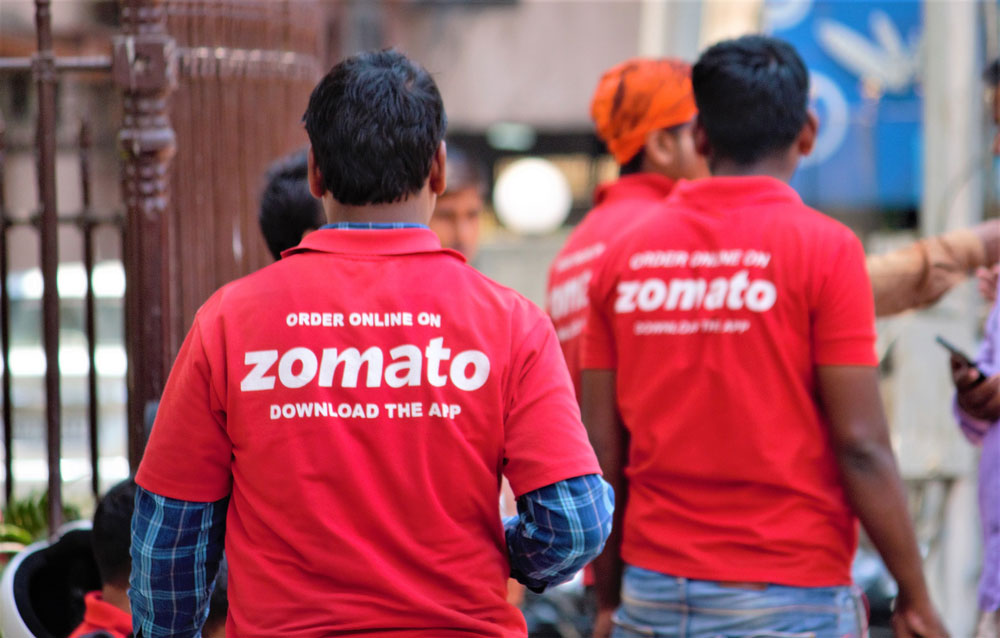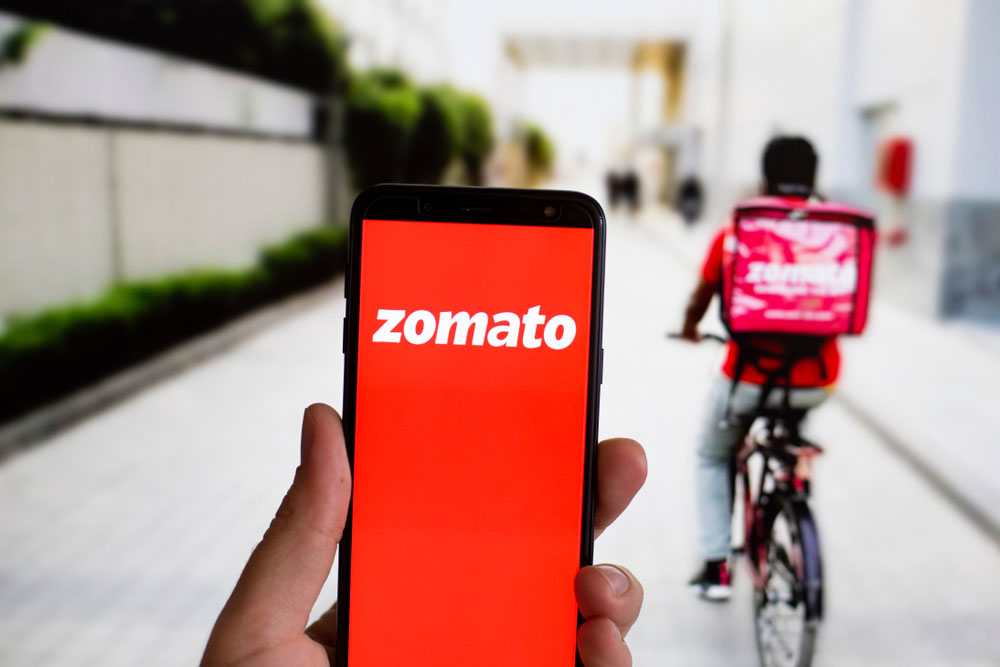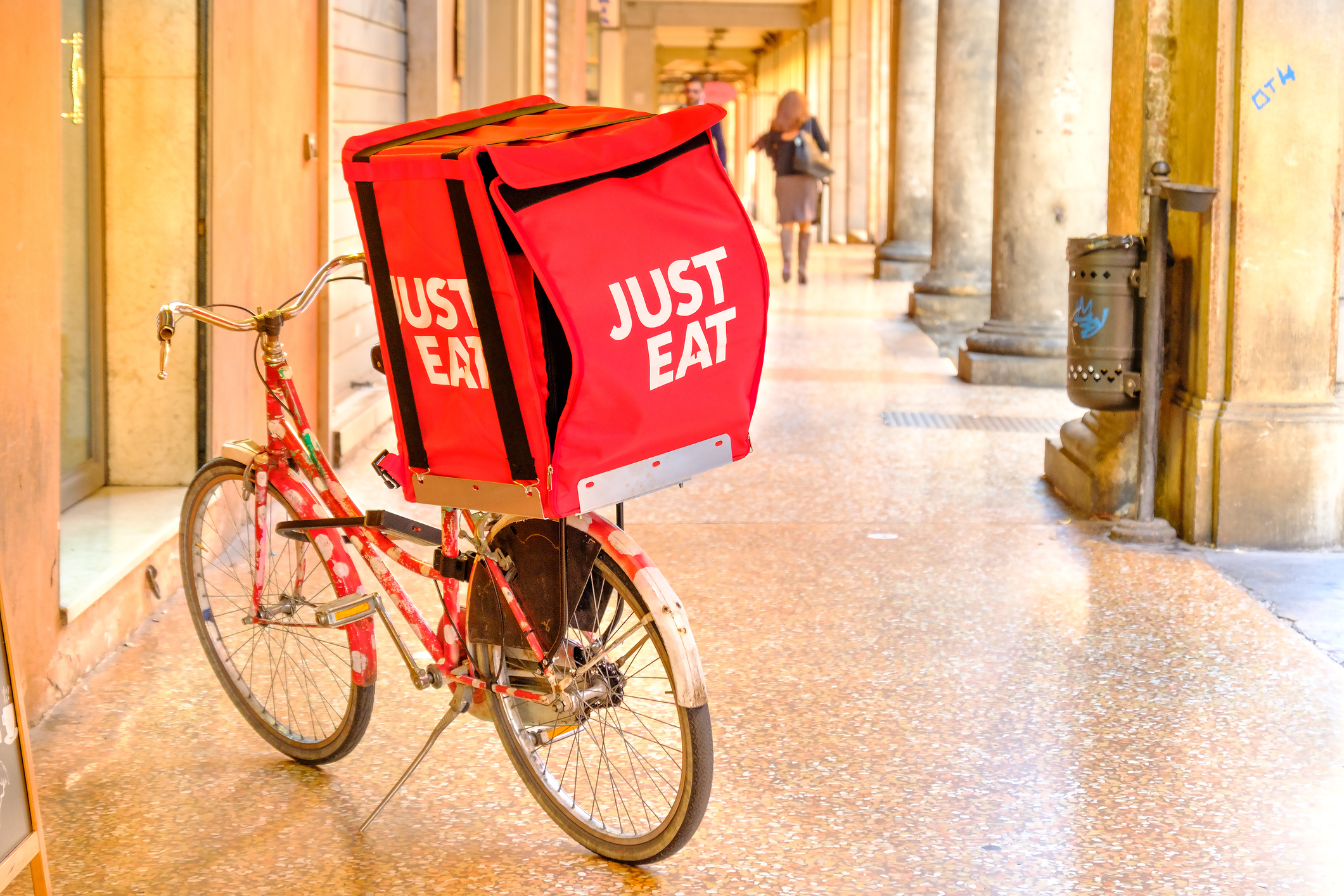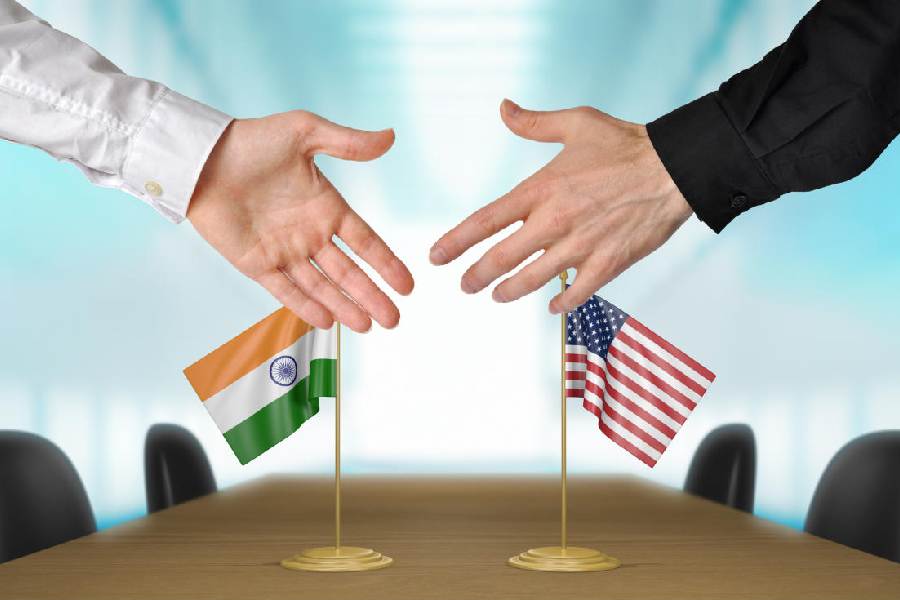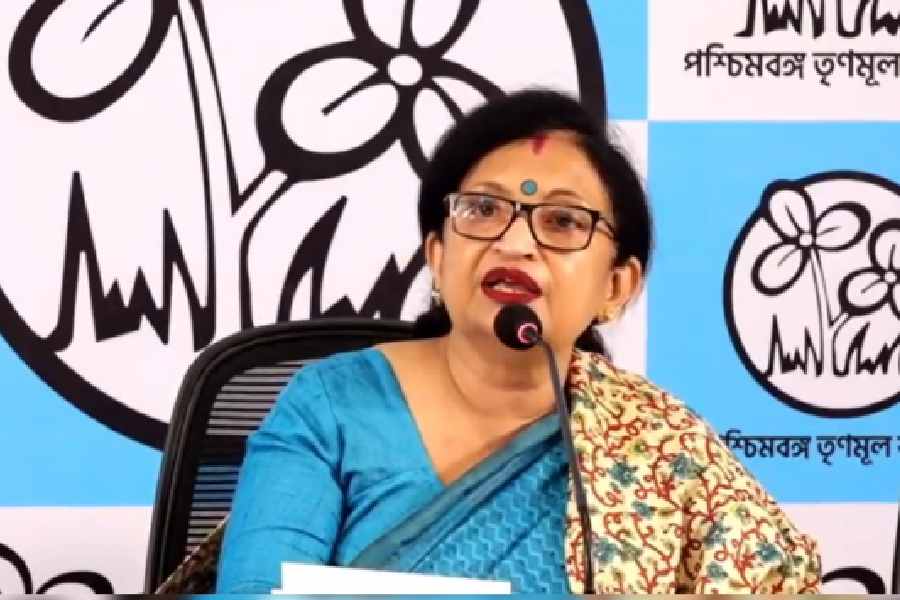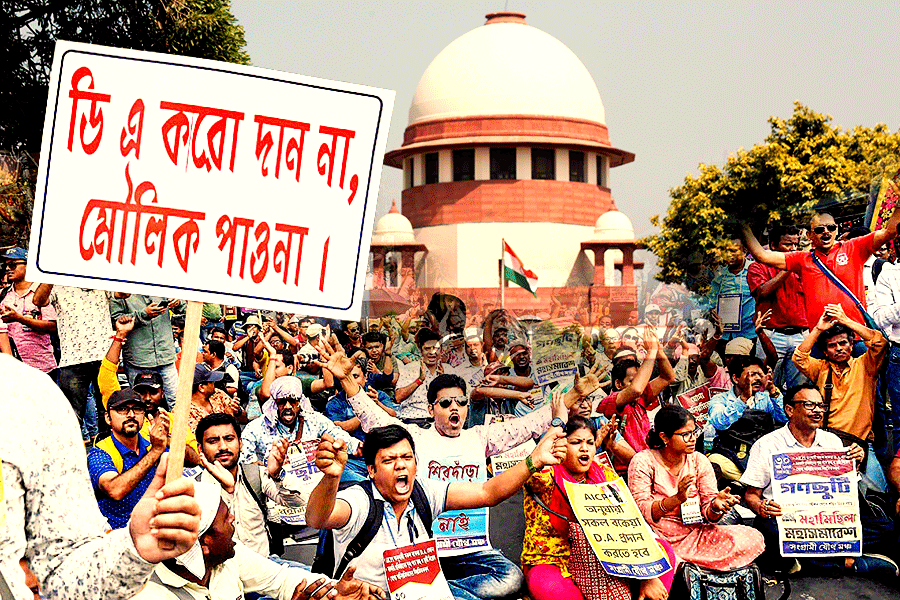Food provides much thought in the Indian context. That is because the relationship between food and faith remains fraught. Some are of the view that the tension has been aggravated with New India’s emergence. The decision to consume certain kinds of food or, for that matter, vociferously reject other dishes is often influenced by religious and cultural sentiments. In a diverse, socially competitive and politically fractured landscape, food transcends concerns of nutrition. It becomes a platform for expressing a fierce but narrow pride in identity, strengthening the spirit of exclusion. Some kinds of food, the ones that sustain India’s tribal people, to cite one example, are met with disapproval by urbane consumers. Then, there are those who believe in the enforcement of the ‘one nation, one party, one diet’ principle. Municipal authorities have been demonstrably eager to impose a ban on the sale of meat during religious festivals of the majority community with the Bharatiya Janata Party’s ascendancy. However, anxieties concerning the imposition of vegetarianism have also led to occasional backlashes. A reputed chef is reported to have got a taste of this anger when he decided to name a paneer dish after a region known for its love for fish and meat.
The assertion by Zomato, a food delivery and review platform, that food does not subscribe to religion and that it is a religion in itself must therefore be viewed as an intelligent and courageous rejection of this toxic culture of discrimination centred on food. Zomato was forced to issue its timely reminder after a customer demanded that the company change the agent delivering his food because he objected to accepting the meal from a Muslim man during a month considered to be auspicious in the Hindu calendar. The brazen display of bigotry on the part of the customer is perhaps unsurprising in a nation that no longer cares when people get lynched on the suspicion of eating beef. It is Zomato’s principled stand that is rare and refreshing. Unlike diffident politicians, the company has reminded the nation that none has the right to communalize food or the business of catering food in a secular polity. The freedom to choose or reject food is vested in the citizen. The undermining of such an autonomy by the ruling party imperils the foundational idea of India itself. Liberating food and related choices from the clutches of dogmatism is integral to the battle to protect the edifice of a democratic, inclusive India.

